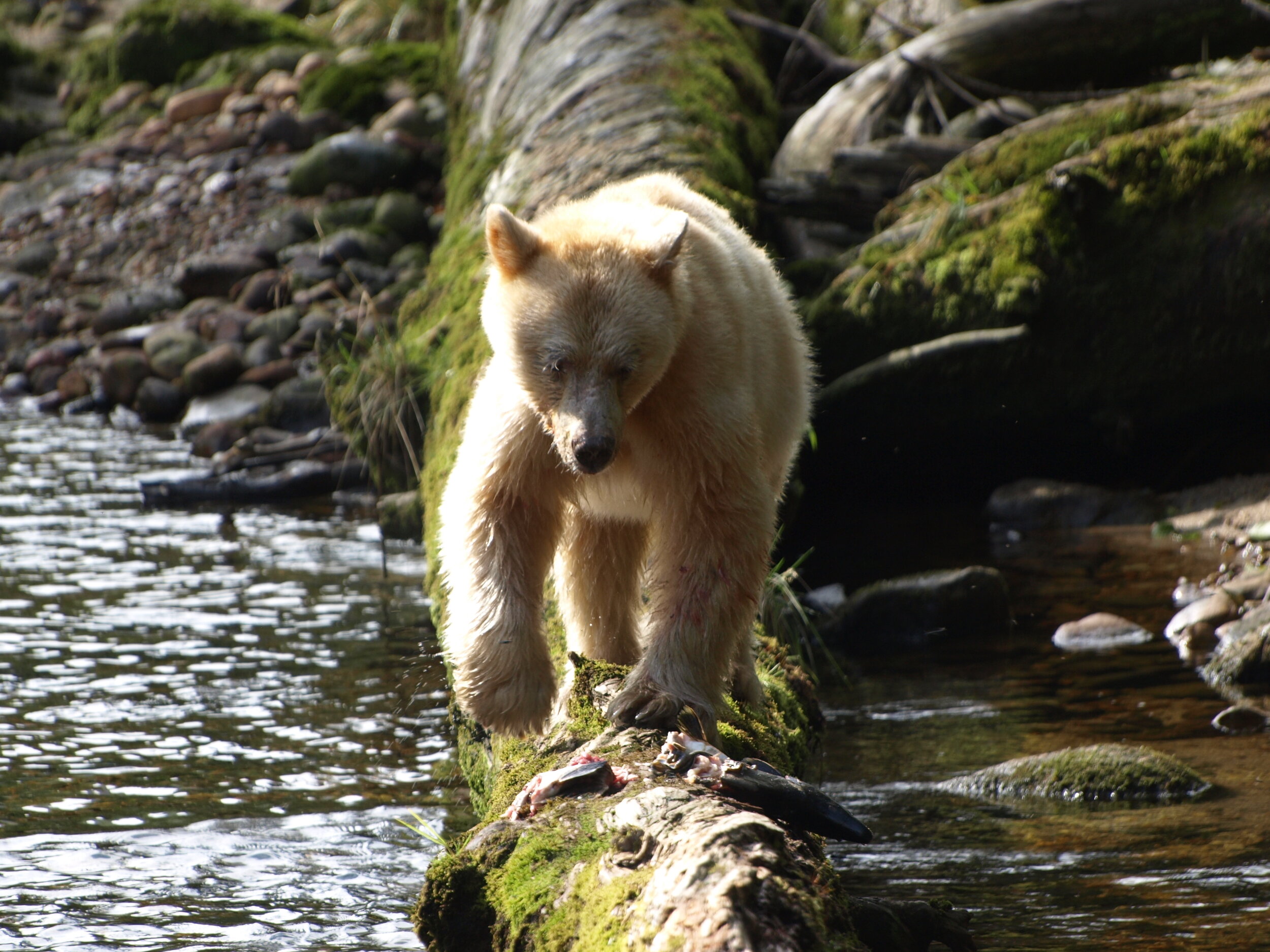Martin Ryer is a professional photographer whose work depicts landscapes, waterscapes and wildlife. Below, Martin shares his favourite areas to explore in BC, encounters with wildlife and advice on how to make outdoor experiences more rewarding.
Photo by Martin Ryer
I’m Martin, a professional photographer, also a writer, sea kayaker, outdoor enthusiast and conservation advocate. I currently live in the Comox Valley on Vancouver Island. My images and the stories behind them have been showcased in national and international publications. I am enormously proud of my work for BC Marine Trails and currently sit as Vice President of this organization. We are working hard with various stakeholders, specifically First Nations to ensure continued coastal access for those that want to responsibly appreciate, experience and explore this area of our province.
Photo by Martin Ryer
On spending time outdoors
I particularly enjoy solo sea kayaking expeditions that last usually around 6 or 7 days. Recently, I have shared these adventures with others, and this has brought me another level of joy. I find it incredibly inspiring to paddle through the fog, ride the swell and land a kayak on a remote shoreline in coastal BC and immerse myself in those surroundings. There are few other things that I know that can be more rejuvenating and rewarding.
Brooks Peninsula Provincial Park is by far on the top of my list. I have explored this area twice now by sea kayak and plan to continue to do so much more. It is arguably the most remote and rugged area of Vancouver Island. Access is difficult and it requires a lot of planning and commitment. The area is not for the faint of heart but the experience of being out there is otherworldly. Captain Cook called Brooks Peninsula “The Cape of Storms.” It is the only part of Vancouver Island unaffected by the last ice age and it is home to a variety of rare plant species and unique geologic formations. If there is one place that you need to set foot on, this would be it.
Photo by Martin Ryer
On photographing nature
In my own words, “the image is not the result; the result is doing what you have to do to create the image.” Recognition is not my goal, simply sharing with others the beauty that I see is. I have had others inspire me through images and storytelling and I want to be able to do the same. Life becomes richer with a collaborative mindset and a focus on sharing experiences and perspectives.
Photo by Martin Ryer
I have been fortunate enough to spend extensive amounts of time exploring all over British Columbia to photograph wildlife including grizzly, black Bear, even the spirit bear along with humpback whales, orca, Pacific white-sided dolphins, wolves, eagles and the list goes on. It is a dream of mine to one day be able to photograph Vancouver Islands elusive mountain lion.
My wildlife photography pursuits have allowed me to visit some remarkable locations here in BC, many of which most people have never heard of before. It is hard to pick a moment or even moments, but a few do stand out.
When T073B, the lone male transient orca visited Comox Harbour in July of 2018, it was special, and the experience has had a lasting impact on me. In September of 2019 I had an amazing encounter with a pod of Orca near Frederick Arm. Also, to see and photograph several different spirit bears, deep in the heart of “The Great Bear Rainforest” was incredible. More recently, Pacific white-sided dolphins have become one of my favourite wildlife subjects. They are aquatic acrobats to say the least and to see them leap several feet out of the water is spectacular.
Photo by Martin Ryer
Martin’s advice for getting outside and unplugged
Based on the extent of your outdoor experience, I believe that it is important to plan so that you can be mindful of your own limitations and learn about best practices in order to have as little impact as possible.
I also believe that through planning and research, it will be that much more rewarding, and you will be able to discover things that you may not have been aware of previously. If anything, take the time to notice the little things. It is often the case in life that we regret having not paid more attention to the little things. If we pay attention to our surroundings, or in this case our outdoor experiences in nature, we may become more inclined to become better people in other areas of our lives.
Thank you so much Martin!






